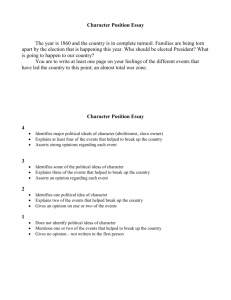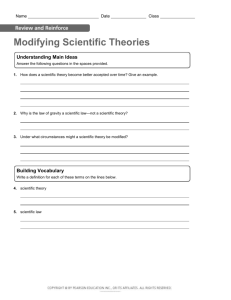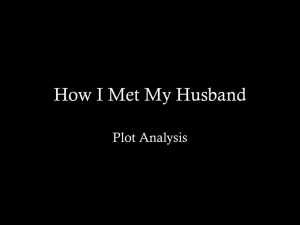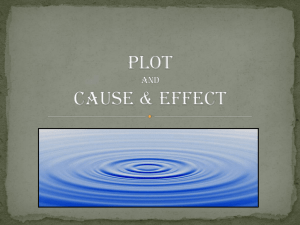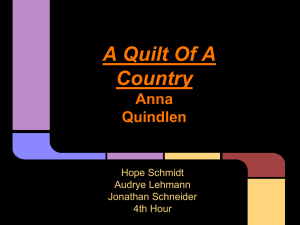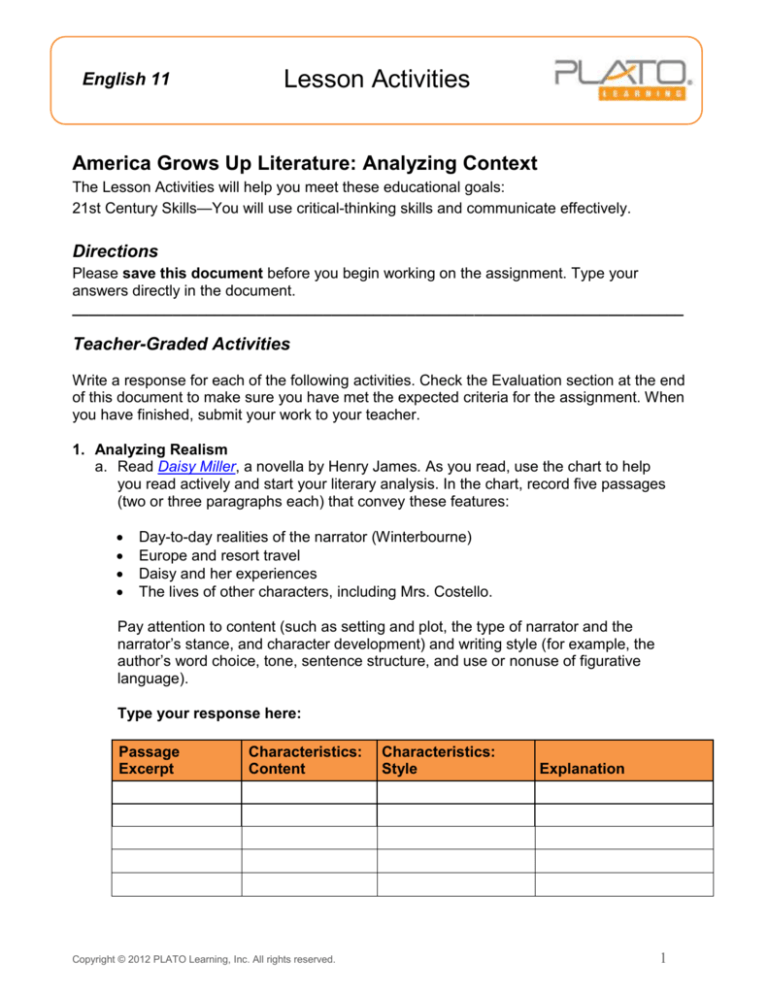
English 11
Lesson Activities
America Grows Up Literature: Analyzing Context
The Lesson Activities will help you meet these educational goals:
21st Century Skills—You will use critical-thinking skills and communicate effectively.
Directions
Please save this document before you begin working on the assignment. Type your
answers directly in the document.
_________________________________________________________________________
Teacher-Graded Activities
Write a response for each of the following activities. Check the Evaluation section at the end
of this document to make sure you have met the expected criteria for the assignment. When
you have finished, submit your work to your teacher.
1. Analyzing Realism
a. Read Daisy Miller, a novella by Henry James. As you read, use the chart to help
you read actively and start your literary analysis. In the chart, record five passages
(two or three paragraphs each) that convey these features:
Day-to-day realities of the narrator (Winterbourne)
Europe and resort travel
Daisy and her experiences
The lives of other characters, including Mrs. Costello.
Pay attention to content (such as setting and plot, the type of narrator and the
narrator’s stance, and character development) and writing style (for example, the
author’s word choice, tone, sentence structure, and use or nonuse of figurative
language).
Type your response here:
Passage
Excerpt
Characteristics:
Content
Copyright © 2012 PLATO Learning, Inc. All rights reserved.
Characteristics:
Style
Explanation
1
b. The full title of the novella is Daisy Miller: A Study. What do you think James means by
“a study”? Support your answer with details from the work.
Type your response here:
c. Why do you think Daisy Miller is considered to be a realistic work? Support your
answer with details from the work.
Type your response here:
2. Analyzing Naturalism
a. Read “The White Silence” by Jack London. After reading the story, trace the events
that make up a plot of decline. Highlight passages or plot details that indicate or
foreshadow the story’s ending. Show how one event leads to the next and thus is
portrayed as being an inevitable event.
Type your response here:
Plot Detail
Explanation
b. Describe your experience as a reader who knew that this naturalistic story most likely
had a plot of decline. Were you able to foresee the plot decline and, if so, at what point
in the story?
Type your response here:
c. How would you define the “white silence”?
Type your response here:
2
Evaluation
Your teacher will use these rubrics to evaluate the completeness of your work as well as the
clarity of thinking you exhibit.
Activity 1: Analyzing Realism
Beginning
(1 point)
Developing
(2 points)
Proficient
(3 points)
Distinguished
(4 points)
Criteria
Analyzes the most appropriate excerpts
Notes indicate a thorough reading
Shows a thorough understanding of content, with comprehensive explanation
supported by textual evidence
Accurately identifies individual stylistic elements and insightfully explains their overall
effect
Thoroughly explains the significance of the subtitle using numerous appropriate
details from the work
Thoroughly explains why Daisy Miller is considered a realistic work using numerous
appropriate details from the work
Analyzes appropriate excerpts
Notes indicate an adequate reading
Shows a clear understanding of content, with explanation supported by adequate
textual evidence
Identifies individual stylistic elements and convincingly explains their overall effect
Adequately explains the significance of the subtitle using numerous appropriate
details from the work
Adequately explains why Daisy Miller is considered a realistic work using many
appropriate details from the work
Analyzes some relevant excerpts
Notes indicate a partial reading
Shows understanding of content, with explanation supported by some textual
evidence
Identifies some stylistic elements correctly and credibly explains their overall stylistic
effect
Acceptably explains the significance of the subtitle using a few appropriate details
from the work
Acceptably explains why Daisy Miller is considered a realistic work using some
appropriate details from the work
Attempts to analyze marginally relevant or unsuitable excerpts
Notes indicate a cursory reading
Shows a minimal understanding of content, with sketchy or incorrect explanations
and little or no textual evidence
Does not identify some stylistic elements correctly and does not explain stylistic
effects meaningfully
Fails to explain the significance of the subtitle and does not use sufficient details from
the work
Fails to explain why Daisy Miller is considered a realistic work and does not use
sufficient details from the work
3
Activity 2: Analyzing Naturalism
Proficient
(3 points)
Developing
(2 points)
Accurately identifies all the relevant details to trace the plot of decline
Highlights the most relevant passages and details to show how the ending is
foreshadowed
Thoroughly explains the causal relationships between events
Thoroughly describes experience as a reader
Provides an insightful definition of “white silence"
Roughly identifies all the relevant details to trace the plot of decline
Highlights roughly relevant passages and details to show how the ending is
foreshadowed
Roughly explains the causal relationships between events
Roughly describes experience as a reader
Provides a rough definition of “white silence"
Beginning
(1 point)
Distinguished
(4 points)
Criteria
Identifies few or no relevant details to trace the plot of decline
Highlights incorrect passages and details to attempt to show how the ending is
foreshadowed
Incorrectly explains the causal relationships between events
Barely describes experience as a reader
Provides an incorrect or misleading definition of “white silence"
Correctly identifies all the relevant details to trace the plot of decline
Highlights relevant passages and details to show how the ending is foreshadowed
Correctly explains the causal relationships between events
Correctly describes experience as a reader
Provides a correct definition of “white silence"
4

